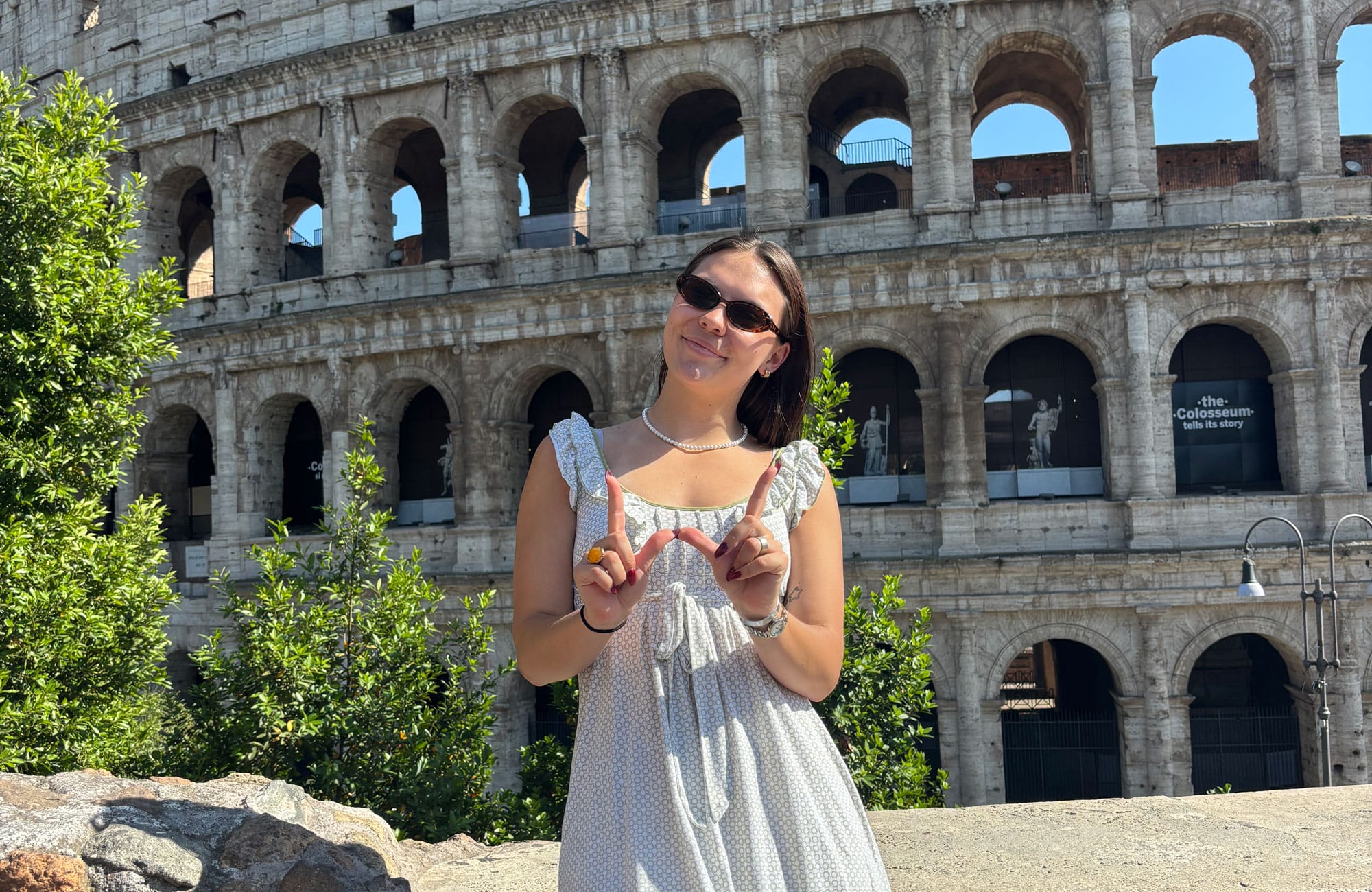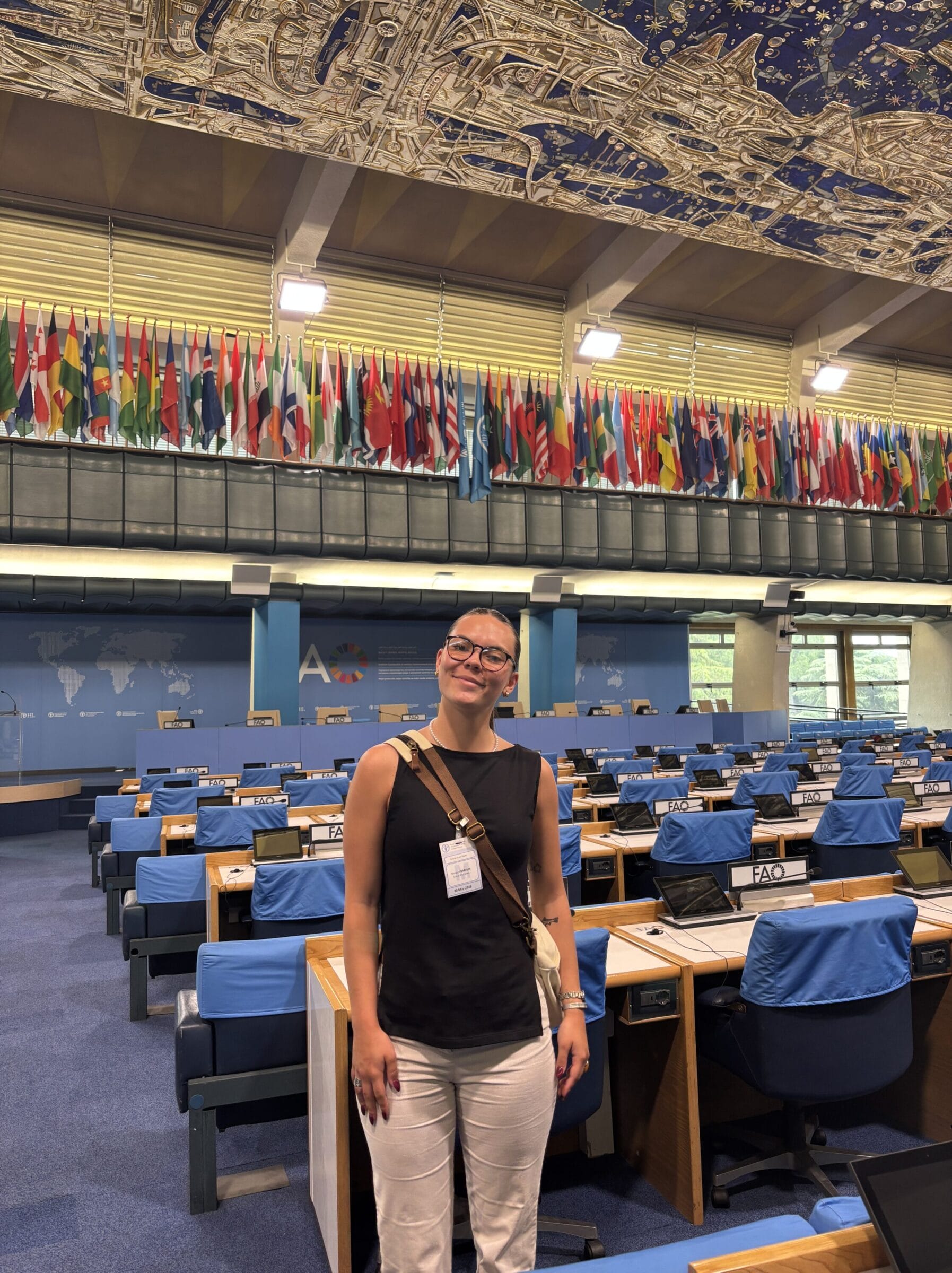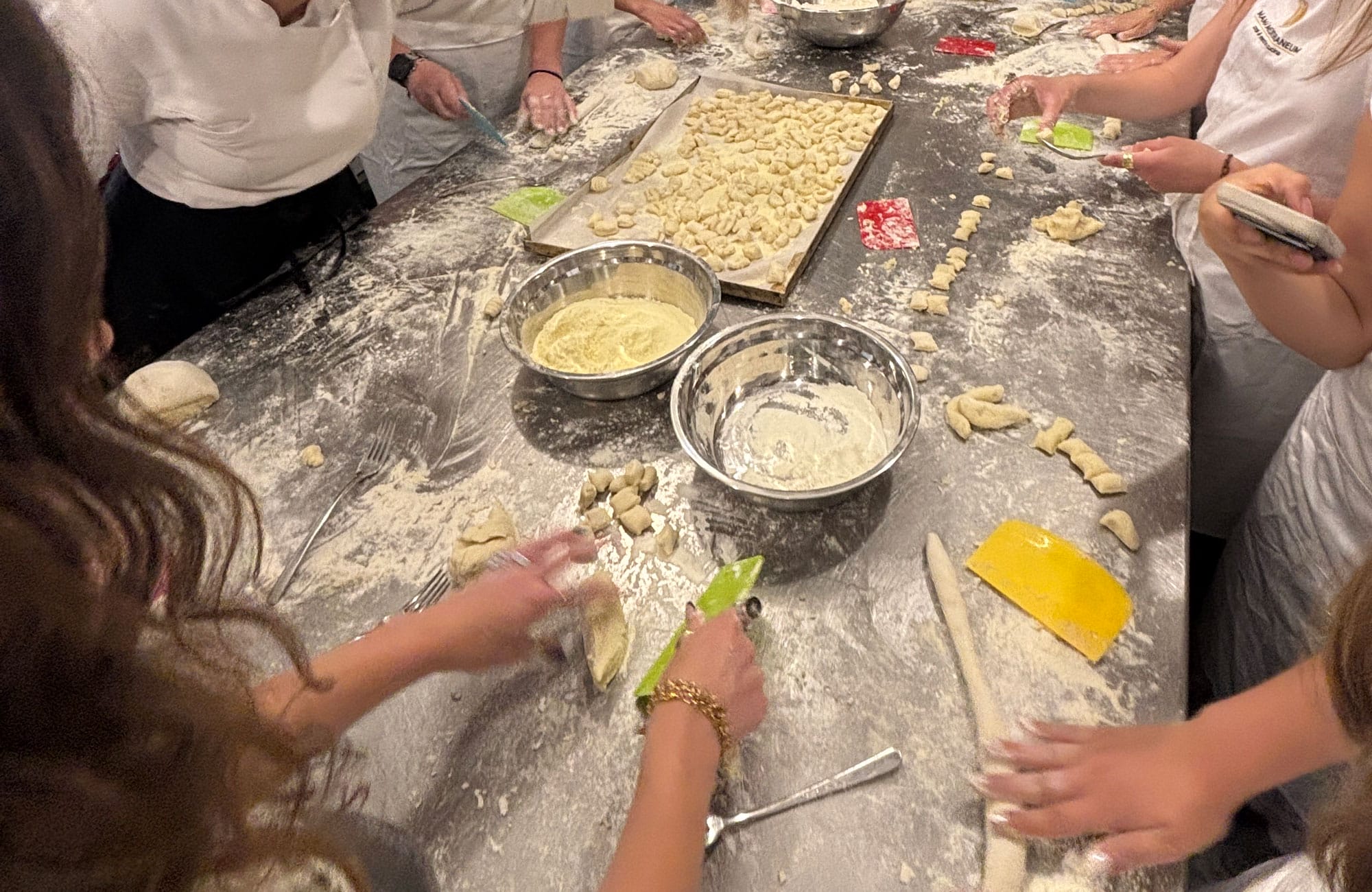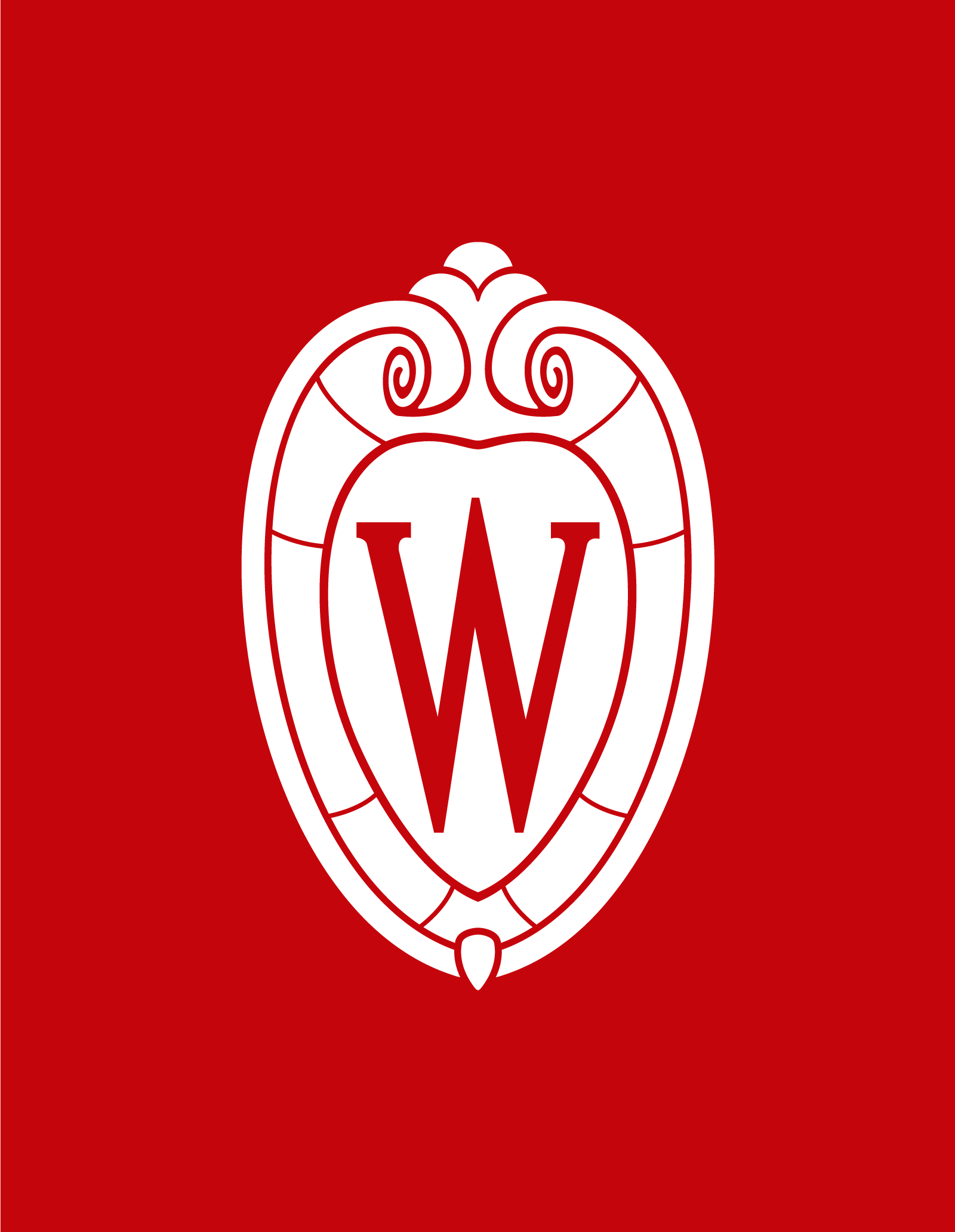

Sustainability study in Italy makes big impact on rising senior
A little can go a long way when it comes to studying abroad. While some students opt to study overseas for a whole semester or year, you can pack a lot of learning into even a week or two of study in another country.
That’s precisely what rising University of Wisconsin–Madison senior Morgan Ramsey did this summer during her two-week study abroad in Italy — and she says she can’t hype up the experience enough.
“The jam-packed itinerary of this program could not have been better, and these types of short-term study-abroad experiences offer more bang for your buck,” said Ramsey, who is from Burlington, Wisconsin. “I have never felt more immersed in a culture than I did on this trip.”
UW Sustainable Food Systems in Italy and the World is a 2-credit, short-term field experience offered by the College of Agricultural & Life Sciences (CALS), in partnership with International Academic Programs (IAP). The program fulfills the field experience requirement for the certificate in global health but is open to all UW–Madison students who complete the 1-credit pre-departure course, Inter-Ag 321. Students in this summer’s program included those majoring in a wide range of fields, from microbiology and global health to psychology and liberal arts.
For years, UW–Madison Study Abroad has offered faculty-led short-term study abroad programs over winter and spring break as well as during Summer Term. But this summer was a first for the CALS food sustainability program in Italy.
Program instructor Geoff Siemering said the students’ interest and energy helped to make the course great as they studied the full spectrum of food sustainability.
“We explored sustainable food systems on both the global scale, with UN staff and regionally, with small-scale producers in rural Italy. This class allowed students access to people and places not readily available, giving them greater insights into how these systems work and the challenges they face.”
Below, Ramsey shares more about her time in Italy, what she learned (including how to make fresh pasta, of course!) and how the experience supports her academic and career goals.


Ramsey enjoyed unique experiences during the program, such as visiting the United Nations Food and Agriculture Organization in Rome
What prompted you to take the UW Sustainable Food Systems in Italy and the World field experience?
I chose this program because it aligned perfectly with my academic and professional interests in global health, science communication and sustainability. As a double major in global health and life sciences communication, I wanted to better understand how sustainable agriculture impacts both environmental and human health, and this program offered a unique opportunity to explore that connection firsthand.
Additionally, visiting organizations such as the FAO [the United Nations Food and Agriculture Organization] and the World Food Programme and learning from small-scale farmers in Southern Italy deepened my understanding of global food systems. The experience also helped me think more critically about how to communicate complex issues like food security and climate change to broader audiences. On a personal level, it was incredibly rewarding to immerse myself in Italian culture and sustainability practices.
How does this experience fit into your major and future career plans?
This course served as a natural extension of both my majors and my long-term career goals in science and health communication. It was incredibly valuable to see firsthand how international organizations approach issues like food insecurity, climate change and sustainability. Overall, it gave me a much deeper appreciation for the complexity of these problems and the importance of clear, culturally aware communication in addressing them.
What did it mean to you to take this course abroad?
Taking a course like this abroad adds a layer of depth and perspective that isn’t usually possible in a domestic classroom setting. Being immersed in Italy’s food culture — where sustainability, culture and community are deeply intertwined — allowed me to see firsthand how different societies approach food systems and health. Visiting organic farms, touring local markets and speaking directly with both Italian farmers and global organizations gave the coursework a tangible, real-world dimension.
This experience also pushed me to jump outside my comfort zone, adapt quickly to new cultural contexts and think more critically about the role of culture in shaping health and sustainability practices. This kind of experiential learning was incredibly impactful, and I already notice it shaping the way I approach science communication with more nuance and cultural awareness.


Students got hands-on experience with food in their pasta‑making class
What was your favorite part of this course?
My favorite part of this course was definitely visiting the FAO headquarters in Rome. I found it incredibly rewarding to have conversations with a few of the interns and representatives in the building. I had the opportunity to ask career-focused questions and get advice from professionals.
I also loved the cooking classes and tasting sessions — from making pasta and pizza to an olive oil tasting at a high-end olive oil producer’s olive farm and factory. What a dream. I never thought I would have the opportunity to try 12 different olive oils in one day, let alone a couple of hours!
What’s next for your UW–Madison Summer Term?
I will continue to work at the Wisconsin Institute for Discovery as a communications and multimedia assistant, writing science-focused articles, designing visual content and capturing photography to help share the Institute’s research with broader audiences. I will also be starting work as a communications assistant at the La Follette School of Public Affairs in a few weeks!
Visit International Academic Programs for a host of high-quality study abroad, domestic study away and international internship opportunities available year-round. Search 300+ programs in more than 80 countries by duration, area of focus, language of instruction and more. Contact the relevant study abroad advising office for more information.
Share your summer story by using #MyBadgerSummer on Instagram.
Published on Jun 18 2025
Last Updated on Oct 08 2025
Categories: Student stories, Summer Term
Tags: agricultural and life sciences, courses, international
